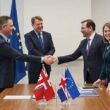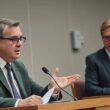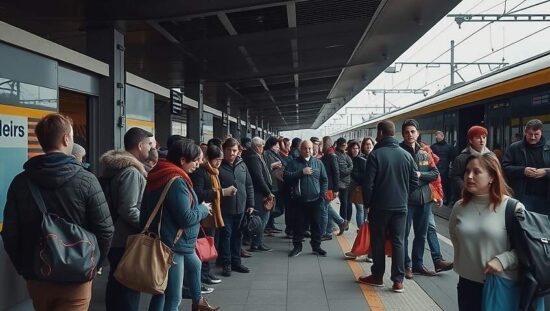A growing chorus of prominent German politicians are advocating for the complete and immediate utilization of Russian central bank assets frozen in Europe to support Ukraine’s defense. Ahead of a scheduled meeting between U.S. President Donald Trump and Russian President Vladimir Putin in Alaska, figures from the Christian Democratic Union (CDU), Green Party and Social Democratic Party (SPD) are publicly pushing for a significant shift in policy.
The funds in question, estimated to total around 260 billion euros globally with the majority held in Europe, are currently largely untouched. While investment yields generated from the frozen assets are being directed towards Ukraine, these amounts are considerably smaller than the principal.
According to reports, attempts to access the full frozen funds have repeatedly faced resistance, particularly from Germany and France, raising concerns about potential legal and financial implications. However, several CDU leaders are now asserting the necessity of acting decisively.
Boris Rhein, Minister-President of Hesse, argues that Ukraine’s allies must “utilize all frozen assets now, not at some point in the future”. Norbert Röttgen, Deputy Parliamentary Group Leader, advocates for the “confiscation” and redirection of the funds, while Thomas Röwekamp, Chairman of the Defense Committee, calls for their “final seizure” rather than continued freezing. Other CDU/CSU politicians, including Jürgen Hardt, Roderich Kiesewetter and Annegret Kramp-Karrenbauer, echo these sentiments, emphasizing the strategic importance of fully leveraging Russian assets. Kramp-Karrenbauer also suggested that utilizing these funds, potentially including for the purchase of American weaponry, could significantly influence President Trump.
Support also extends beyond the conservative bloc. Ralf Stegner of the SPD argues that the frozen Russian funds should be “used in full immediately to finance the reconstruction of Ukraine” aligning with the principle of having the aggressor bear the costs of the conflict. Andreas Schwarz, another SPD member of parliament, indicated a leaning towards supporting such a move.
From the Green Party, Britta Haßelmann, Co-Chair of the Bundestag parliamentary group, affirmed that utilizing all frozen Russian assets should be considered within ongoing negotiations. This growing political consensus suggests a potential shift in European policy regarding the use of frozen Russian assets to support Ukraine.





